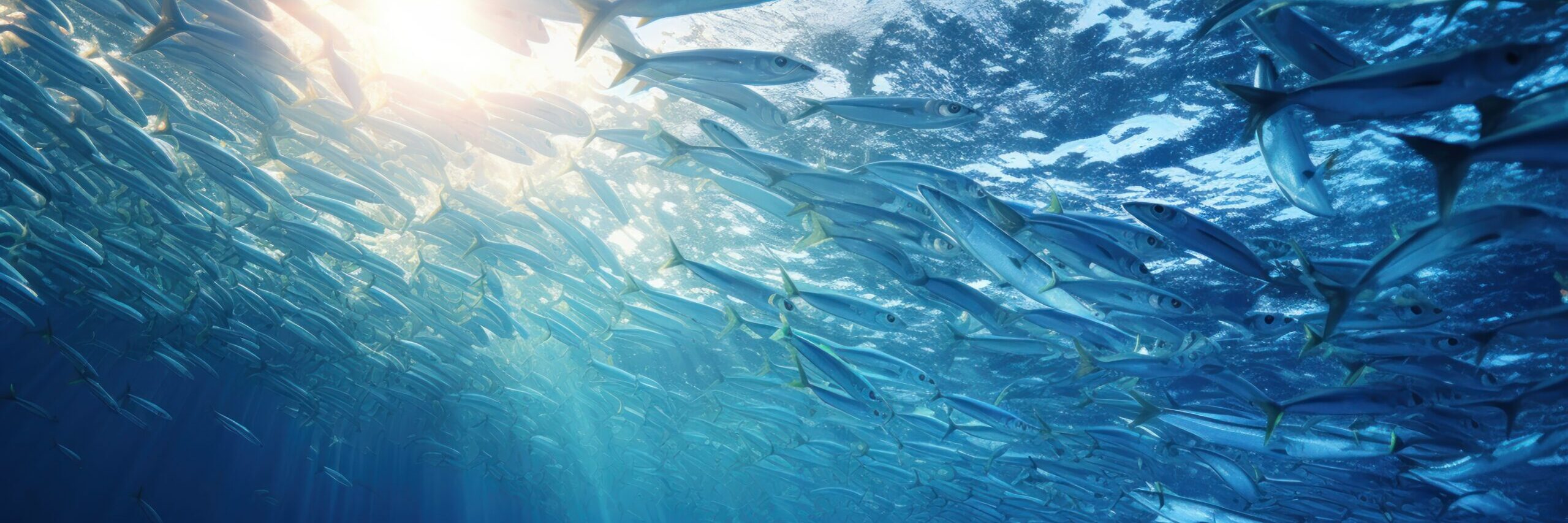The burden of proof regarding native title rights has been reversed onto prosecutors rather than defendants in cases regarding cultural fishing practices. Image source: Rorozoa, via Freepik
A NSW Court of Criminal Appeal has reversed the burden of proof regarding native title claims in cultural fishing cases.
The Commonwealth Native Title Act was passed 30 years ago, allowing First Nations peoples to be exempt from state laws that would otherwise restrict traditional rights to hunt, fish, and gather.
In previous cases, native title holders have had to prove their connection to country during court cases regarding fishing laws and other regulations.
This has been a long-running legal battle that has affected many First nations people, with the procedure of claiming native title rights often being expensive and difficult.
The NSW CCA ruled on Monday that the legal burden of proof of negating native title should be placed on the prosecuting authority.
This contrasts a decision made by the South Australian Court of Appeal last year, which put the burden of proof on the native title holder to prove connection to country.
The NSW CCA criticised the South Australian decision during its ruling, stating that it “should be characterised as plainly wrong”.
The judgement further found that imposing the legal burden on First Nations peoples rendered the benefit of native title rights “illusory”, with costs potentially reaching tens of thousands of dollars.
Native title barrister John Waters SC described the NSW CCA as the highest court to consider the matter, believing it could set a legal precedent for further cultural fishing cases around the country.
Waters further discussed that the onus of proof being on First Nations peoples was an unfair standard, calling it a “time-consuming and costly procedure to be undertaking when you’ve been charged with what is, in the scheme of offences, a minor offence for breaching fisheries laws or regulations”.
Waters described it as “rampant interference” that caused “substantial damage” to First Nations communities.
This sentiment was echoed by Janet Hunt, Australian National University Indigenous policy researcher. Hunt described the prosecution of cultural fishing as undercutting the government’s Closing the Gap initiative.
“The threat of prosecution is acting as a strong disincentive to a lot of Aboriginal people these days, in terms of their ability to go out and catch a feed of fish or gather food for their families.”
“To take seafood for their own nutrition, but especially to be able to pass on their culture, is very critical to their wellbeing.”





